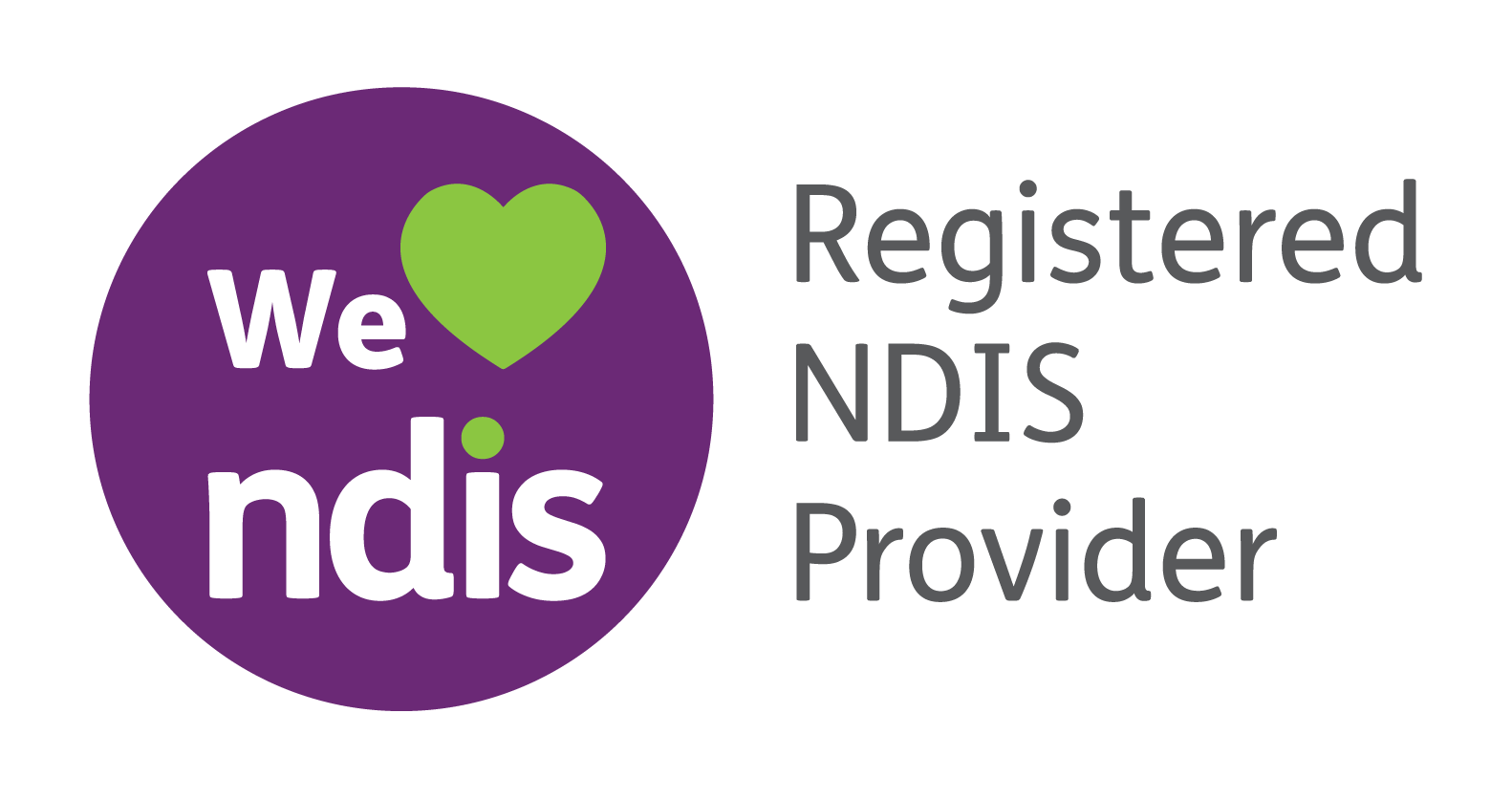Supported Independent Living vs. Specialist Disability Accommodation: Understanding the Difference
Navigating the NDIS can be complex, and understanding the different types of support available is key to creating a plan that works for you. Two important, and often confused, funding streams are Supported Independent Living (SIL) and Specialist Disability Accommodation (SDA). While they sound similar, they are distinct and designed to work together to provide comprehensive support.
Essentially, SIL is about how you live, while SDA is about where you live.
Let's break down the key differences:
Supported Independent Living (SIL):
- What it covers: SIL funding is for the support services you need to live independently. This includes assistance from support workers with daily tasks such as:
- Personal care (showering, dressing, etc.)
- Meal preparation and cooking
- Household chores and routines
- Medication management
- Developing independent living skills and community access
- The goal: The primary focus of SIL is to help you build your skills and maximise your autonomy, empowering you to live as independently as possible.
- Who it's for: SIL is for individuals who have significant support needs and require some level of assistance at home, often around the clock.
Specialist Disability Accommodation (SDA):
- What it covers: SDA funding is for the physical dwelling itself. It covers the cost of specialised housing that has been designed or modified to meet the needs of people with very high support needs or extreme functional impairments. Think of it as the "bricks and mortar" aspect.
- The goal: SDA aims to provide a safe and accessible physical environment that allows you to live comfortably and receive the high level of support you need.
- Who it's for: This funding is for NDIS participants who require a specific type of home due to their disability. The SDA provider is responsible for the property's maintenance and upkeep.
Can you receive both?
Yes! Many participants are eligible for and receive both SIL and SDA funding. For example, an individual might have SDA funding to live in a specially designed, accessible home and also have SIL funding to pay for the support workers who assist them with daily tasks within that home. The two funding streams are designed to complement each other, providing both the right physical environment and the right support services.
How RQ Living Approaches Supported Independent Living
At RQ Living, we don't just provide services—we are passionate about creating meaningful change. Our approach to SIL is what sets us apart. While the NDIS guidelines provide the framework, our philosophy is to go beyond the box. We are uniquely positioned to offer exceptional flexibility.
When we work with you on your SIL plan, we don't just fill out a form; we get to know you as a person. We are committed to a person-centered approach where:
- You have choice and control: We work with you to understand your goals and aspirations, tailoring support that helps you achieve them.
- We dissect the problem: When we encounter a barrier, we don't give up. We are dedicated to finding innovative solutions and exploring all possibilities to help you live a safe and happy life.
- You are heard, always: Your voice is at the center of every decision. We believe in open communication and a collaborative partnership to ensure your support is exactly what you need.
Our commitment is to work with you to shape your own journey and achieve the goals you've always dreamed of, but never thought possible. We believe that with the right support, anything is achievable.
Ready to learn more about how our flexible and person-centered approach can help you with your SIL journey? Get in touch with us today.

